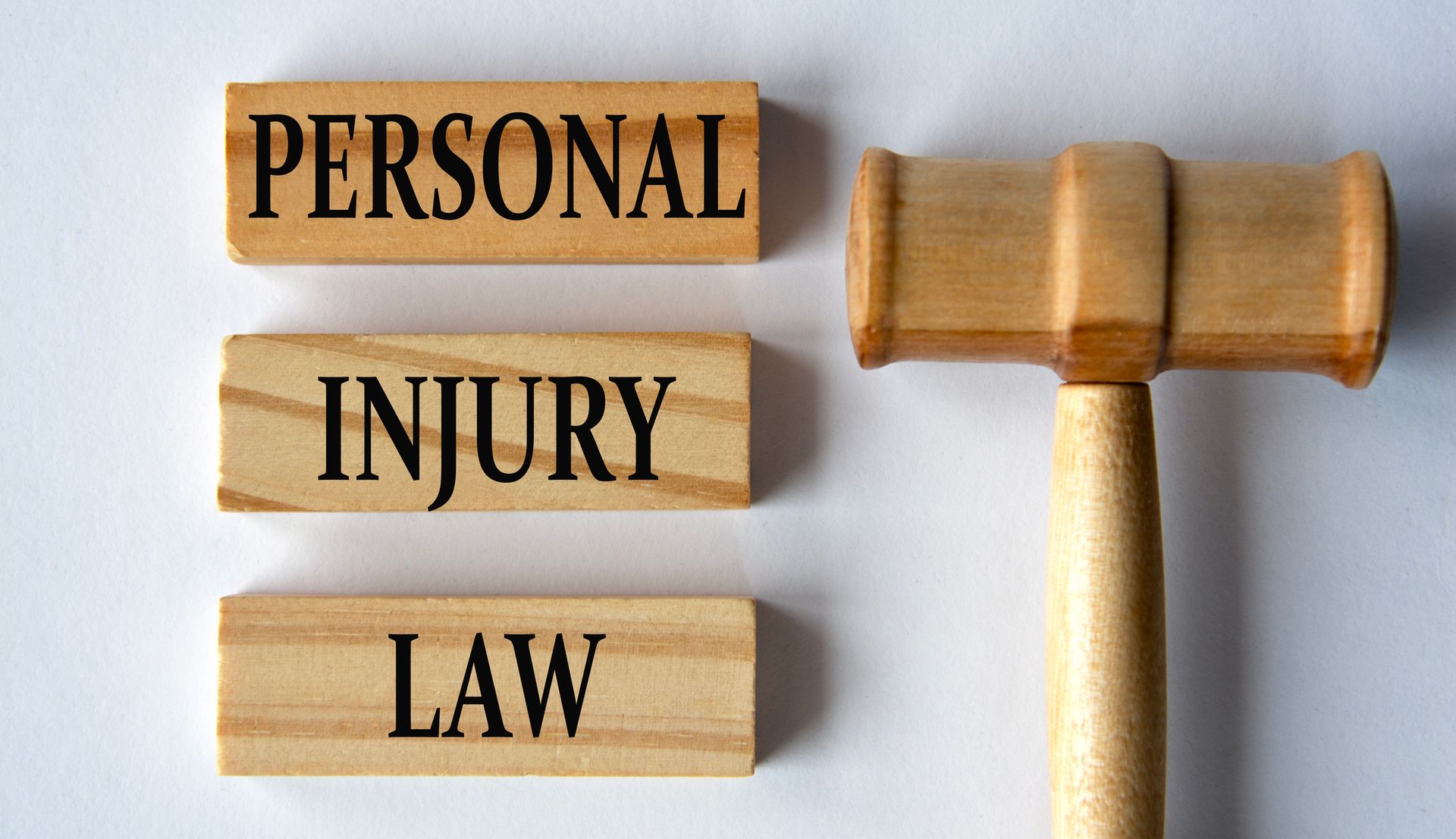WILL THE CHEVRON DOCTRINE SURVIVE?
U.S. Supreme Court Hears Oral Arguments
SUPREME COURT HEARS ARGUMENTS ON ADMINISTRATIVE POWER
It has been nearly 40 years since the Supreme Court held in Chevron v. Natural Resources Defense Council that courts should defer to an agency’s reasonable interpretation of an ambiguous statute. After more than three-and-a-half hours of oral argument on Wednesday, January 17, 2024, it seemed unlikely that the rule outlined in that case, known as the Chevron doctrine, will survive in its current form.
The Chevron Doctrine rests on the premise that agencies, specifically long-standing employees and experts in those agencies, can make determinations regarding complicated regulations better than the Courts. In the 40 years of jurisprudence since the Chevron decision, courts have routinely deferred to agency expertise when a statute is unclear, with little controversy surrounding these decisions. But in recent years, conservatives – including some Justices on the Supreme Court – have called for the doctrine to be overruled, stating that the deference given to agencies’ interpretations has allowed agencies to acquire too much power.
The plea to overturn the Chevron doctrine came to the court in two cases challenging a rule, issued by the National Marine Fisheries Service, that requires the herring industry to bear the costs of observers on fishing boats. Applying Chevron, both the U.S. Court of Appeals for the District of Columbia Circuit and the U.S. Court of Appeals for the 1st Circuit upheld the rule, finding it to be a reasonable interpretation of federal law.
THE ARGUMENTS
The fishing companies came to the Supreme Court, asking the justices to weigh in on the rule itself but also to overrule Chevron. Roman Martinez, representing one group of fishing vessels, told the justices that the Chevron doctrine undermines the duty of courts to say what the law is and violates the federal law governing administrative agencies, which similarly requires courts to undertake a fresh review of legal questions. Under the Chevron doctrine, he observed, even if all nine Supreme Court justices agree that the fishing vessels’ interpretation of federal fishing law is better than the NMFS’s interpretation, they would still be required to defer to the agency’s interpretation as long as it was reasonable. Such a result, Martinez concluded, is “not consistent with the rule of law.”
Arguing on behalf of the Biden Administration, U.S. Solicitor General Elizabeth Prelogar urged the justices to leave the Chevron doctrine in place, telling them that it has “deep roots in this Court’s jurisprudence.” Under the doctrine of stare decisis – the idea that courts should generally adhere to their prior cases – the court would need a “truly extraordinary justification” to overrule it, which the challengers do not have, she asserted.
IDEOLOGY v. LAW
At the heart of the dispute over the Chevron Doctrine is a conservative versus liberal disagreement about the nature and size of the Administrative State. Chevron’s opponents, including business groups hostile to what they see as overregulation, counter that it is the role of courts, not executive branch officials, to determine the meanings of statutes. They also say that agencies’ interpretations can change with new administrations and put a thumb on the scale in favor of the government even when it is a party to the case.
The court’s three liberal members, by contrast, said agencies were often in a better position than courts to interpret ambiguous statutes in their areas of expertise. Justice Ketanji Brown Jackson said Congress had given some policy choices to the agencies. “And my concern,” she said, “is that if we take away something like Chevron, the court will then suddenly become a policymaker.”
A POSSIBLE COMPROMISE
In this case, Prelogar told the justices, the court could “clarify and articulate the limits of Chevron deference without taking the drastic step of upending decades of settled precedent.” For example, she explained, the justices could “reemphasize” that, in determining whether the statute is clear, courts should use all of the interpretative tools at their disposal and not “give up just because the statute is dense or hard to parse.” And if the statute is still determined to be ambiguous, she said, the question of whether it is reasonable should be “obviously deferential” but “not just anything goes.”
It is, in fact, the issue of “reasonableness” that seems to be the best avenue of reform. Merely finding that something is reasonable might be too low a bar; raising the standard to be one requiring the “best interpretation” or the “most agreed upon interpretation” or—using this Court’s favorite words—the “interpretation best fitting the history and context of the statute” might be a better approach.
Another potential substitute for “reasonableness” is “persuasiveness.” The justices weighed whether to replace Chevron with another, more narrow test known as Skidmore, under which a judge would decide to defer to an agency only if the agency’s argument is persuasive. As part of that analysis, judges examine consistency or whether an agency has flip-flopped.
Decisions in the cases, Loper Bright Enterprises v. Raimondo and Relentless, Inc. v. Department of Commerce, are expected by the end of June.
If you are involved in an accident, contact Dave Thomas at The Thomas Law Firm. Dave is an experienced personal injury attorney who will evaluate your legal claim for free.








